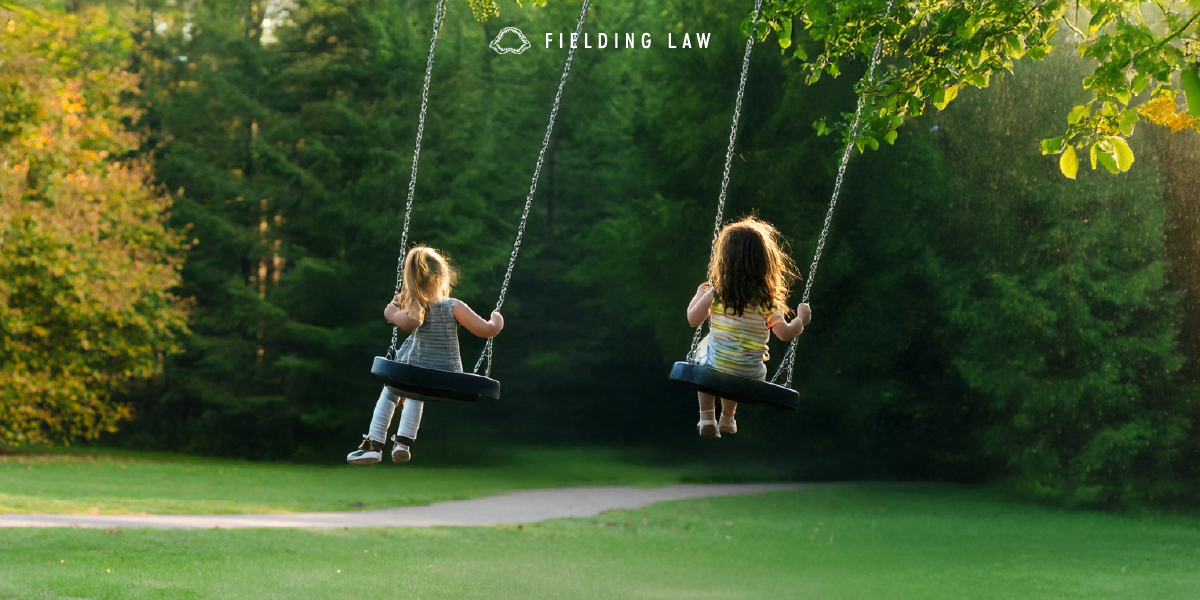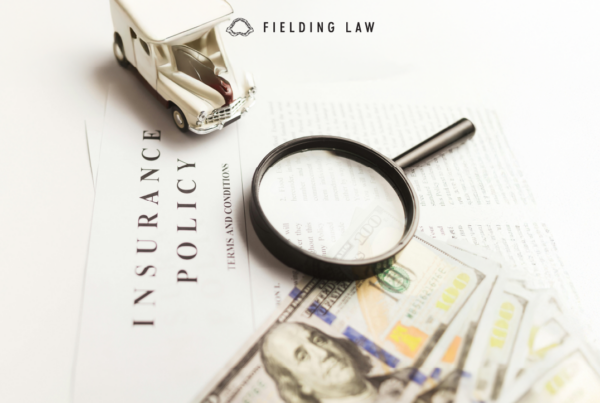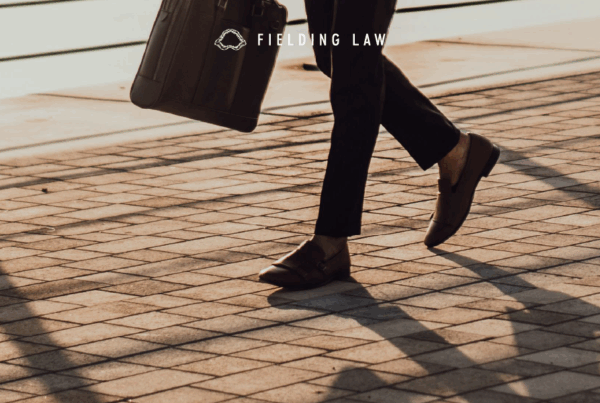Receiving a phone call from another parent telling you that your child has been injured at a friend’s house can be overwhelming and stressful. Each year in the United States, approximately 12,000 children lose their lives due to accidental injuries. Meanwhile, 9.2 million require emergency room visits, hospital stays, or time in the ICU.
As a parent, it can be difficult to know what steps to take after your child has been hurt, but understanding the right actions and how to navigate injuries at a friend’s house can help you protect their well-being and future.
Common Cause of Injuries at a Friend’s House
Children are naturally curious and energetic, leading to accidents, even in safe environments. When an injury occurs at a friend’s home, it is important to determine what comes next. Understanding common household hazards can help guide parents through these situations while their child receives proper care.
Slip-and-fall Accidents: Slippery floors, uneven surfaces, and poorly maintained stairs create significant fall risks. If your child slips and falls, check for injuries.
Hazardous Furniture and Unsecured Items: Older furniture can break unexpectedly, causing serious injuries. Unsecured bookshelves, televisions, and heavy decor are also risks.
Dog Bites: Although most pets are well-trained, they can react unpredictably. If a dog bites your child, seek medical attention and request vaccination records.
Swimming Pool Accidents: Unsupervised pools can cause drowning and slip hazards. Even minor incidents, such as swallowing water, can have delayed health effects.
What Should Parents Do After an Injury at a Child’s Friend’s House
Going through the motions of figuring out what to do after your child was injured at a friend’s house can feel overwhelming, but taking immediate action keeps their safety and well-being a priority. Addressing the situation directly and respectfully helps maintain relationships while protecting your child’s rights.
- Seek immediate medical attention. A doctor can examine your child’s condition, provide treatment, and document the injury. Medical records are important if you need to seek compensation.
- Document with photos and videos. Capture pictures of the accident scene, including any hazards such as wet floors, broken furniture, or unsafe conditions.
- Collect contact information. Ask for names and phone numbers of witnesses, including other children or adults who saw the incident. Their statements can help explain what happened and confirm the conditions that led to the injury.
- Talk to the other parents compassionately. Explain the situation calmly and stick to the facts. While discussing medical concerns and costs may feel uncomfortable, handling the conversation clearly can help maintain a positive relationship.
Who Covers the Cost?
Parents worry about medical expenses when their child is injured at a friend’s house. The good thing is that most homeowners’ insurance policies include liability coverage for injuries on the property. Some policies also offer additional protection through umbrella coverage.
Filing an insurance claim does not mean the homeowner pays out of pocket. The insurance company first reviews the claim and determines coverage. Meanwhile, you should focus on your child’s recovery. Leaving a door for communication with the homeowner can help retain the relationship and prevent tension.
The compensation from an insurance claim can help cover medical bills, rehabilitation costs, and other related expenses. If you must take time off work to care for your child, lost wages may also be included. The priority is that your child receives proper treatment without causing financial strain.
Protect Your Rights and Maintain Your Relationships
When your child is injured at a friend’s house, it can be a difficult and emotional experience. As a parent, navigating the situation with clarity and care is essential to protecting your child’s well-being and addressing legal concerns. By taking thoughtful steps and approaching the matter compassionately, you can prioritize your child’s recovery while maintaining a positive relationship with another family.
Start Your Journey With Fielding Law
At Fielding Law, we understand how overwhelming these situations can be. Our team is here to provide expert guidance, support, and legal representation. If your child has been injured on someone else’s property, contact us for a free 24/7 consultation. We are also available at 833.88.SHARK to handle the legal complexities while you focus on helping your child heal.
Note: Information provided is for educational purposes and does not constitute legal advice. Always consult with a qualified attorney for legal concerns.





